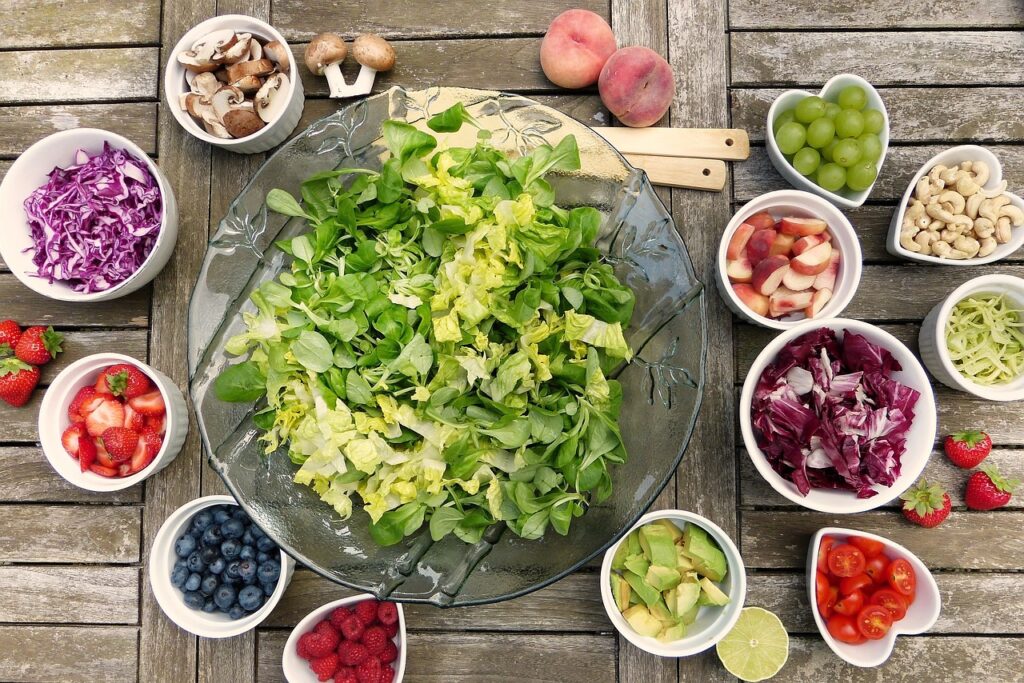Contact Us 720-964-1335 or 901-675-6125
Diets to Consider for Optimal Liver Health

The liver is the body’s largest organ, and it plays a critical role in maintaining overall health and wellbeing. The liver has hundreds of functions and is responsible for filtering toxins, metabolizing nutrients, and producing vital proteins. All these processes are essential for proper bodily function. Liver health is dependent upon a lot of factors, genetics and lifestyle choices to name a few. However, diet continues to be the cornerstone for supporting liver function. In this blog post, we highlight a few diets that can aid in promoting optimal liver health.
- Mediterranean Diet – This diet type offers advantages for liver health as well as heart healthy benefits. The mediterranean diet is rich in fruits, vegetables, whole grains and healthy fats like olive oil. This diet provides essential nutrients and antioxidants that support liver function. Additionally, the moderate consumption of lean proteins, such as fish and poultry, helps to reduce stress on the liver’s functions when compared to diets which promote high consumption of red meat.
- Plant-Based Diet – A plant-based diet emphasizes fruits, vegetables legumes, nuts, seeds, and offers numerous benefits for liver health. Plant foods are naturally rich in fiber, antioxidants and phytonutrients, which aid in detoxification and reduces inflammation in the liver. Studies suggest that plant-based diets may lower the risk of fatty liver disease and other liver conditions by promoting weight loss and improving insulin sensitivity.
- Low Glycemic Index (GI) Diet – A diet with high-glycemic foods, such as refined carbohydrates and sugars, can contribute to insulin resistance and fatty liver disease. Opting for a low glycemic index diet which focuses on consuming whole, unprocessed foods that release glucose gradually into the bloodstream, may help stabilize blood sugar levels and reduce the risk of liver damage. Incorporating foods like whole grains, legumes, and non-starchy vegetables can support liver health and overall metabolic function.
- DASH Diet – The Dietary Approaches to Stop Hypertension (DASH) diet emphasize fruits, vegetables, whole grains, lean proteins and low-fat dairy products while limiting sodium, saturated fats, and refined sugars. This diet has a balanced approach to eating, promotes heart health, and also benefits the liver by reducing inflammation. The DASH diet also helps support proper blood pressure regulation. By incorporating DASH principles into your diet, you can help protect your liver from the harmful effects of hypertension and metabolic syndrome.
- Liver Cleansing Diet – Certain diets claim to detoxify the liver and improve its function through specific foods and supplements. While evidence supporting the efficacy of liver cleansing diets is limited, incorporating liver-friendly foods such as cruciferous vegetables (broccoli, kale), garlic, turmeric, milk thistle (silymarin), vitamin E, and green tea can still offer potential benefits. These foods contain compounds that support liver detoxification pathways and may help protect against oxidative stress and inflammation.
In conclusion, maintaining a healthy liver is paramount for overall well-being and adopting a balanced nutrient-rich diet is a cornerstone of liver health. By incorporating elements of the Mediterranean diet, plant-based eating, low glycemic index principles, the DASH diet, or liver-friendly foods into your meals, you can support your liver’s vital functions and reduce the risk of liver disease. Remember to consult with a healthcare professional or registered dietician before making significant changes to your diet, especially if you have existing liver conditions or medical concerns. With mindful dietary choices and a focus on nourishing your liver, you can pave the way for long-term health, wellness, and vitality.

